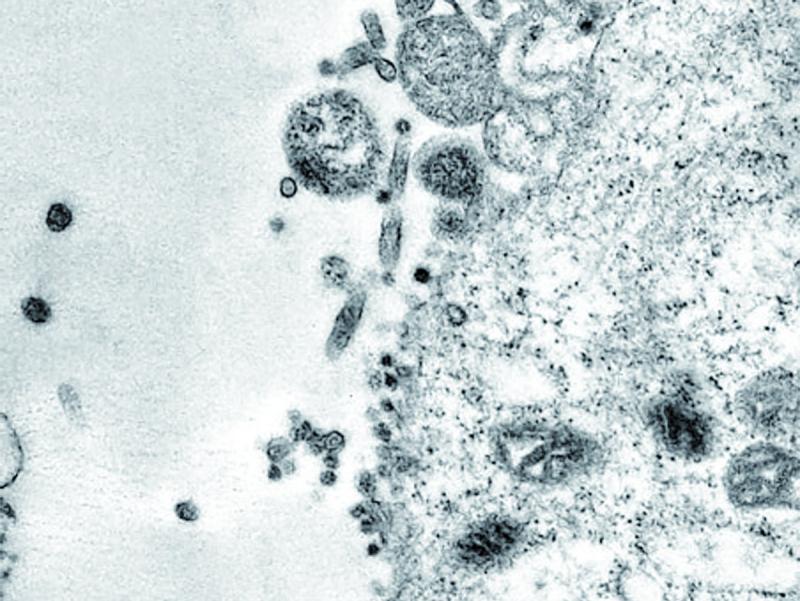The market or your life!
We’ll get through this, but not fully if we haven’t learned anything from it. Some graffiti has been passed around social media with an A for anarchism, saying: “We can’t go back to normal because normality was the problem.”
Covid-19 should be a wake-up call to how we have been behaving both globally and locally and in all walks of life over the past 30 years. We have lived within the maelstrom of a wild and rampant economic model unable to see and plan for the long term and under pressure to meet annual targets, good for the pockets of those who charge premiums but suicidal at all levels. We have had high hopes for a European Union that has proved futile in all the emergencies of the last 30 years, unable to coordinate its states and propose joint solutions to its greatest challenges
As for the Spanish government, slowness, confusion, chaos, inefficiency, improvisation, negligence, mistakes, forgetfulness, inexplicable subsidies (€15 million for TV stations that made almost €350 million in 2019), not freezing self-employed contributions or postponing personal income tax, asking citizens for money and denying them a basic income, centralising everything, spending €4.5 million on a campaign for unity, showing a criminal obstinacy not to let Catalonia introduce confinement or confine the rest of the state and then doing so 5,500 deaths later, and suggesting it was an innovative idea.
Every crisis has its consequences. This will bring negative ones such as the almost certain regression in fundamental freedoms and rights above and beyond that required by emergency measures (geolocation has two sides to it), and consequences that can be positive if we know how to make the most of them, such as grassroots solidarity, mutual support, prioritising a robust health system (to do this we need all our money here), an education system adapted to the needs of the 21st century, radical changes in the tourism sector, radical changes in business strategies, more respect for the environment, local consumption, radical changes in the way we relate to our environment and ourselves, changes in time management now that we have learned to stop and be alone and that we know the importance of a hug.
I am optimistic if I think that our future is in our hands, but if I think that the state controls it, my pessimism is complete. Between South Korea, which has put the crisis in the hands of scientists, and Spain, which has put it in the hands of the military, I know which one I choose.
We also have another wake up call pending. This crisis shows us the great weakness of autonomy and sooner or later we will have to decide whether we are in favour of life; that is to say, close the country, do mass testing, protect the economy of families and companies, and introduce a guaranteed basic income for all, or if we continue to live in a state that when choosing between the stock market or life, has for now chosen the former and the defence of unity at any price. There is no need to think about whether we will disobey or not, or whether we will go out on the balcony and proclaim independence. Voting is a great tool, we just need strong and brave leaders who are able to defend our interests and the resolve not to get it wrong. We can emerge from this crisis very strong or move towards collective suicide as a country and as a species. It is in our hands.


